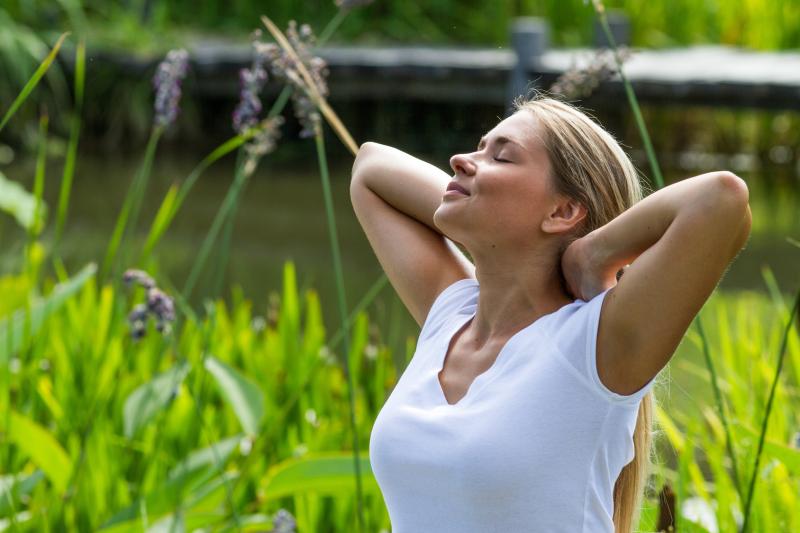
Exposure to sunlight appears to increase the risk of vulvovaginal candidiasis (VVC) development, reveals a recent study in an African population.
An association existed between self-reported low sunlight exposure and increased risk of VVC (odds ratio [OR], 3.38, 95 percent confidence interval, 1.99–5.74). Low and moderate sunlight exposure estimated by outdoor visits also correlated with increased VVC risk.
Sensitivity analysis restricted to matched sunlight exposure data revealed that low and moderate sunlight exposure was associated with ORs of 5.78 (95 percent CI, 2.57–12.99) and 3.53 (95 percent CI, 1.85–6.75), respectively.
Decreasing consumption levels of vitamin D-rich foods further increased the risk of developing VVC (likelihood-ratio test trend: p=0.1382). Furthermore, low and moderate vitamin D intake correlated with a significantly higher risk of VVC in the joint analysis.
“Our findings should be confirmed in prospective studies and clinical trials to strengthen the evidence base for preventive action and to also inform clinical decision making,” the authors said.
This study included 300 females with VVC and 300 controls (females suffering from any condition other than VVC) from three health facilities in Cape Coast, Ghana. A structured questionnaire was used to evaluate sun exposure and a food frequency questionnaire to determine the frequency of consumption of vitamin D-rich foods.
“To date, only two studies have investigated the relationship between vitamin D deficiency and candidiasis in spite of vitamin D’s antimicrobial and immunomodulatory roles,” the researchers said.